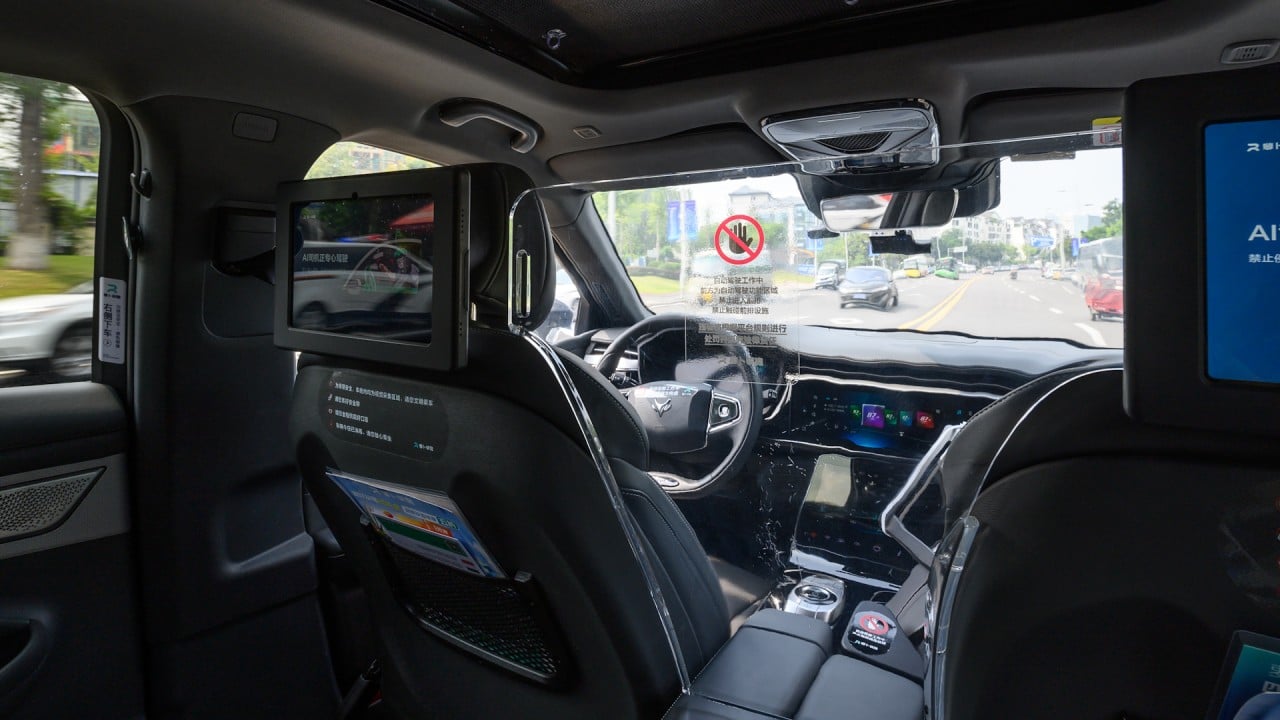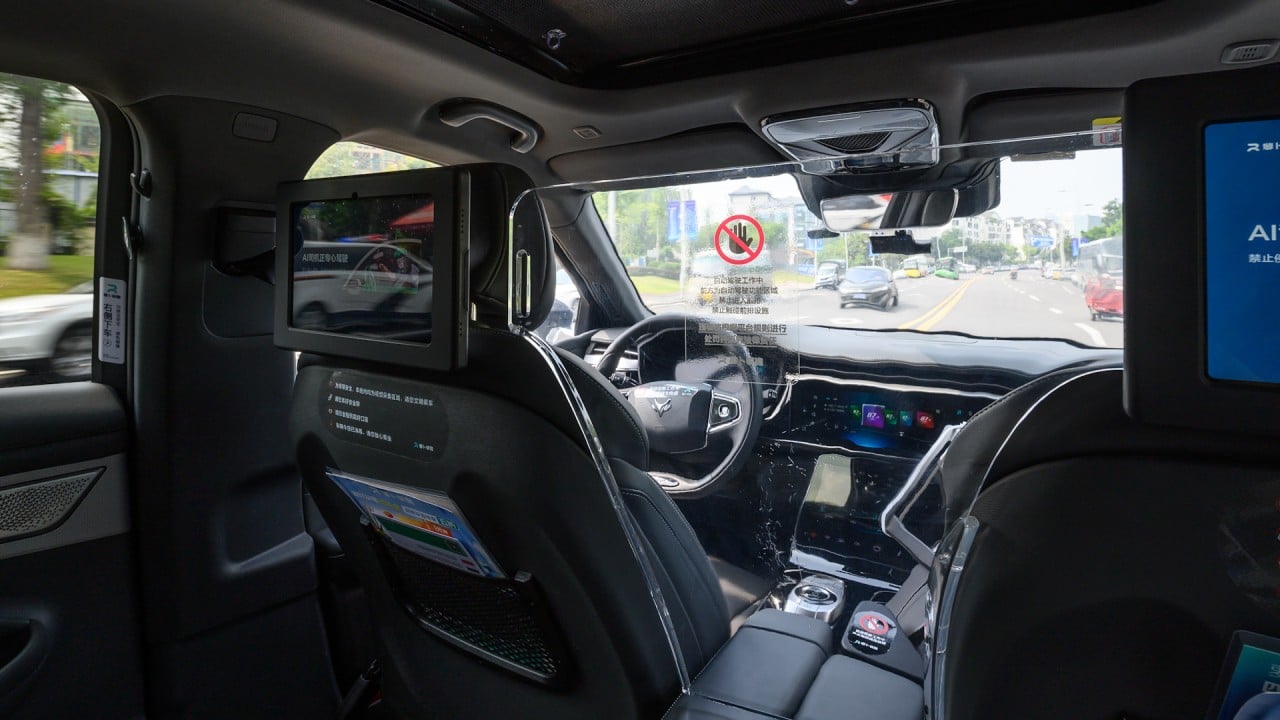Artificial intelligence (AI) is reshaping our industries, economies, technologies and global power dynamics. The United States and China are leading contenders in the race to dominate the rapidly advancing field of AI. But what sets these AI giants apart?
With its history of innovation and booming tech industry, the US has long been at the helm of AI development and investment. China, however, has worked on closing the gap through ambitious, state-driven initiatives. Over the years, both countries have seen their AI involvement change in the technological, medical and military fields – these changes may yet shape the US-China relationship.
The US has solidified its AI leadership by providing broad access to research resources, including through the National AI Research Resource, and investing in workforce development to build an AI-ready workforce. Examples include a pilot programme by the energy department and National Science Foundation to train more than 500 new AI researchers by 2025.
America’s plans underline its focus on the need for a skilled workforce to progress in science, the economy and national security.
China has also made remarkable strides in its AI research, surpassing the US in several key areas. According to Georgetown University’s Center for Security and Emerging Technology, China leads globally in the volume of AI research papers, with the Chinese Academy of Sciences at the forefront. While the quality of Chinese research supposedly lagged, Chinese institutions now rank highest in highly cited research.
China’s AI strategy heavily emphasises computer vision, a field that accounts for 32 per cent of global AI research and grew by 121 per cent between 2017 and 2022. This aligns with China’s strategic AI priorities, which include autonomous vehicles, manufacturing and surveillance. The US, however, maintains an edge in machine learning models, led by tech giants such as Google and Microsoft.
The intensifying AI competition between the US and China will shape global technology standards, economic policies and security frameworks, making continued investment in AI research crucial for both nations.
AI also holds great promise – and challenges – in the rapid redefinition of healthcare. While early AI systems like MYCIN struggled to integrate with clinical practice, today’s tools, powered by machine learning algorithms and big data, promise to improve diagnostics, treatment planning and patient care.
The role of AI in healthcare is growing in the US. With company healthcare plans expected to cost 9 per cent more next year, partly due to inflation, the industry is turning to AI to constrain expenses. Accenture estimates that 40 per cent of the working hours spent by healthcare providers can be supported or augmented by AI, improving efficiency. To date, the US Food and Drug Administration has approved at least 950 AI-enabled medical devices.
Advances continue, such as Google’s medical large language model, called Med-PaLM 2, which boasts an accuracy rate of 85 per cent when answering medical questions.
China also has ambitions in medical AI. Its strategy is to support commercialisation with concerted efforts to leverage its vast data repositories. By restricting access to its domestic data sets while using global data, China gains a significant competitive edge.
Given China’s goal of becoming a world AI leader by 2030, its 2030 health tech ambitions and determination to solve problems like misdiagnoses and a doctor shortage, the country is likely to set health standards worldwide.
In military and defence, AI is also a revolutionising force. Both the US and China invest heavily in their intelligent and autonomous systems. An estimated 38 per cent of public AI contracts awarded by the US military focus on autonomous vehicles, particularly aerial systems; for the Chinese military, it’s 35 per cent.
Both nations are developing advanced drones, from micro drones for surveillance to larger unmanned aerial vehicles (UAVs) for combat support, like the MQ-8C Fire Scout.

As far as intelligence, surveillance and reconnaissance is concerned, AI-driven systems remain in the spotlight on both sides.
The US and China are invested in geospatial analysis, with contracts awarded to AI-enabled platforms that can process satellite data in real time, instrumental in improving situational awareness. Both countries are also improving the sensing capabilities of unmanned systems. As the US works on outfitting drones like the MQ-9 Reaper with advanced sensors, China is working on the same for its UAVs.
That both the US and China are focused on integrating AI within their military functions – in autonomous systems, intelligence capabilities and predictive logistics – highlights the transformative potential of AI in warfare. This US-China military AI race is likely to shape military strategy and global power dynamics.
But the AI race is not just about technology. It is also about ethics and the tussle could have far-reaching consequences.
The US, for instance, has taken a central role in the research and development of ethical AI at the Organisation for Economic Cooperation and Development’s AI Policy Observatory. Meanwhile, China, in rapidly advancing its AI capabilities, has often prioritised efficiency and scale, raising questions over privacy, surveillance and potential AI misuse. China’s approach to AI ethics is more state-directed, with a greater focus on societal and national objectives.
As these two superpowers shape the future of AI, the ethical frameworks they develop will influence global standards and norms. Their competition will not only determine tech leadership but also define the ethical boundaries of AI in the coming decades.
Neal Hejib, a summer analyst at CJPA Global Advisors LLC, is a rising sophomore at University of Wisconsin-Madison pursuing a double major in data science and economics
Earl Carr is founder and chief executive officer at CJPA Global Advisors LLC



